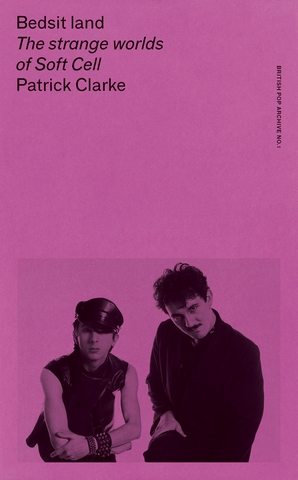Manchester University Press will be publishing an exciting series of short books, taking inspiration from The British Pop Archive (BPA) which is currently housed at Manchester’s John Rylands Research Institute and Library.
Thw forthcoming BPA book series promises to unlock the hidden histories of music, popular and counterculture, from the city to the suburb. Drawing from a diverse array of original sources including interviews, recordings, images, press clippings, and other archival gems, these books will not only reflect but also expand upon the riches of the Manchester-based archive.
By delving into the untold stories, the series aims to entertain and enlighten readers, offering music aficionados the thrill of uncovering long-forgotten secrets and exploring the dusty corners of British popular culture.
Working with an award-winning cover designer, we will be producing collectible, desirable volumes that every music-loving reader will want to add to their own personal library.
The first book in the series, Bedsit land: The strange worlds of Soft Cell by Patrick Clarke, Deputy Editor at the Quietus, will publish September 2024.
The series editors are Doug Field, Tom Attah and Kirsty Fairclough, and the Editorial Board for the series includes leading names in music journalism and research.
Emma Brennan, MUP’s Editorial Director, said of the new series: ‘We are delighted to be publishing this exciting new series of books. Combining careful research and great storytelling, they will reveal untold histories of big names and unknown gems, delving into the darkest and dustiest corners of archives and memories and unearthing forgotten treasures.’
The British Pop Archive is the first specifically designated, large-scale popular culture archive in the UK. The collection’s launch is supported with a major exhibition at the Rylands, featuring iconic items from the Manchester pop culture scene.
It aims to celebrate and preserve all aspects of British popular culture, including recognising its pivotal influence on the world stage.
This history of Manchester, rooted particularly within music, TV and the arts, distinguishes the city as unique, and makes it the perfect setting for a collection that preserves and tells the stories of popular culture on a national scale.
The collection comprises major archives of individuals and organisations involved in British popular culture and the creative industries: from the business records of managers and TV companies to the personal papers of iconic artists and photographers, to the recorded experiences of audiences and fans.







